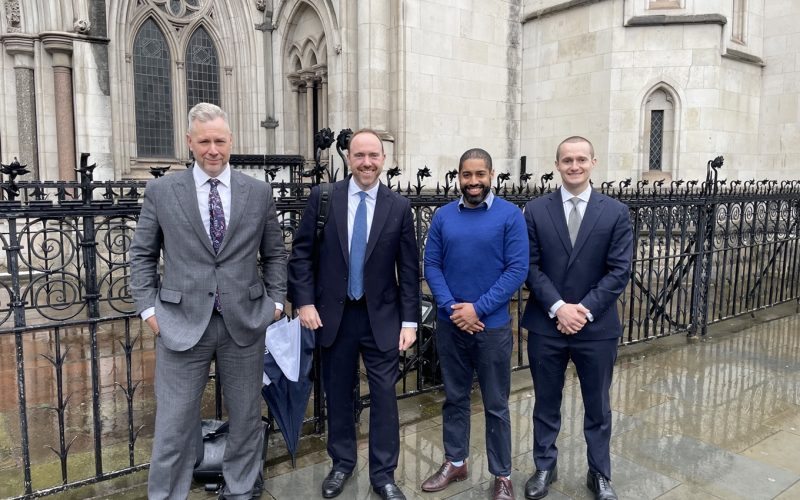
Nature
21 June 2025

We all know that the climate and biodiversity are in big trouble. Its also obvious that by harming biodiversity we are essentially harming ourselves. All medical realities point to this, whether its air pollution, nature deficit syndrome, lower quality food – even global pandemics. So, why is this happening and what can we do about it?
In the name of food security, intensive agriculture practices aimed at higher productivity promote wholesale use of chemical pesticides and fertilizers. This overuse of pesticides and manufactured fertiliser is not only harming the bees and other diversity, but also polluting our rivers, seas, soil and skies. There is also a growing awareness that the modern industrial food production system is playing a major part in driving the increase of life-threatening diseases such as diabetes and heart disease. Whilst these destructive practices are subsidised and legal, the costs to society are ‘externalised’ so that our food is artificially cheap and Nature is excessively damaged. This turbulent agricultural market also leads to a sorry state for hard-working farmers scratching a living. So, how do we get out of this mess?
Fortunately, there are many remarkable organisations and projects looking at solutions to these challenges, so there is certainly hope for the future.
As all life depends on the health of our astonishing planet, Earthsong will nurture communities and projects that help regenerate biodiversity, protect our climate and grow nutritious food. We will especially focus on progressive agro-ecological organic farming, and regeneration of the wild.
We work with organisations promoting Nature in three areas; biodiversity, regenerative agriculture, and sustainable livelihoods. We are interested in supporting any approach that is leading the way to evolving a fairer and more beneficial relationship with Nature and our farming.